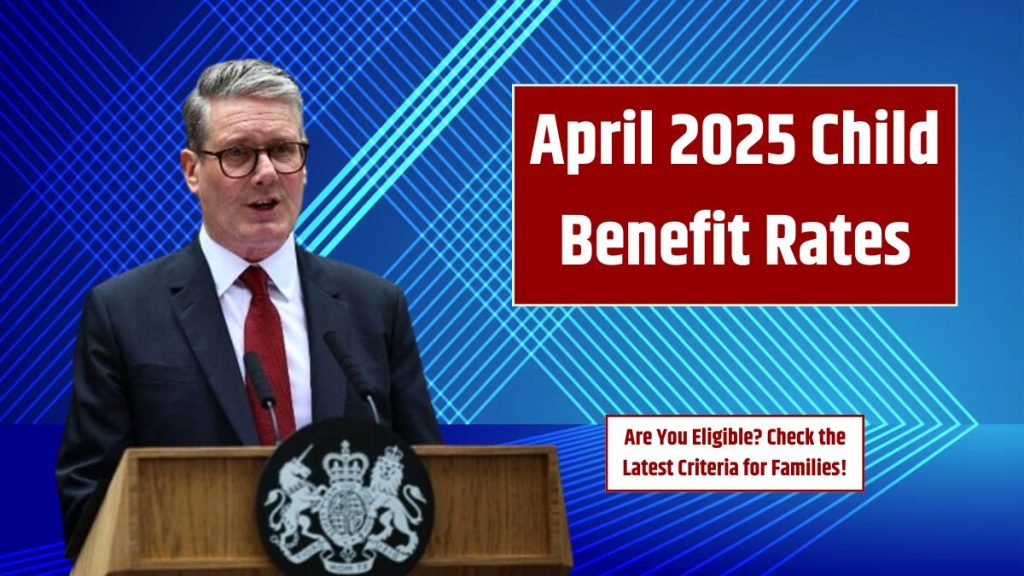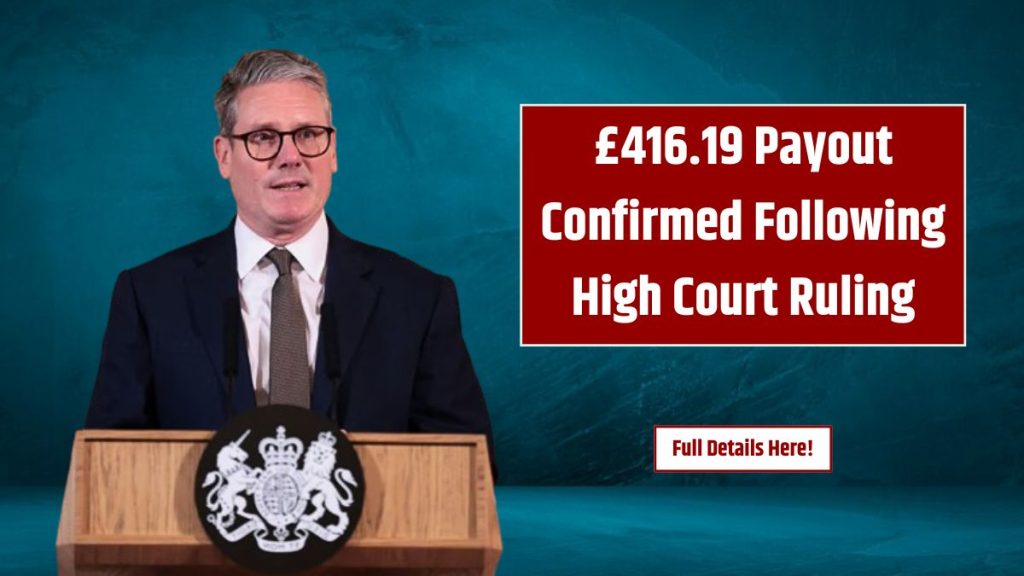With 2025 well underway, households across the UK are navigating persistently high living costs, from skyrocketing grocery prices to soaring energy bills and rent. Although inflation has eased slightly, the economic pressures remain significant, particularly for low-income households. Understanding the current economic environment and available financial support can be crucial for those striving to manage their budgets effectively.
UK Economic Snapshot in 2025
The UK’s economic landscape continues to shift. While inflation edged down to 2.5% in December 2024, its lingering effects are still felt. Chancellor Rachel Reeves has faced a challenging start to the year, with government bond yields rising and the pound under pressure. Despite modest economic growth, poverty risks are intensifying. Forecasts suggest 100,000 more children and 300,000 adults could fall into poverty by 2029 without intervention.
Labour’s proposed £3 billion welfare cuts add another layer of uncertainty, with further changes expected in a Department for Work and Pensions (DWP) report this spring. Meanwhile, delays in winter fuel payments and rising reliance on benefits have compounded the struggles of vulnerable households.
Benefit Payment Schedules
February Payments
Benefit payments will proceed on schedule, with no bank holidays affecting timelines. Key benefits include:
- Universal Credit
- State Pension
- Pension Credit
- Disability Living Allowance (DLA)
- Personal Independence Payment (PIP)
- Attendance Allowance
- Carer’s Allowance
- Employment Support Allowance (ESA)
- Income Support
- Jobseeker’s Allowance (JSA)
For detailed schedules, visit the UK Government website.
Universal Credit Migration
The DWP aims to fully transition all legacy benefits to Universal Credit by January 2026. Notices have already been sent to claimants of tax credits, income support, and jobseeker’s allowance. Those relying solely on Employment Support Allowance (ESA) and housing benefits are set to receive notices by December 2025. This transition represents a significant change for millions of claimants.
Financial Support Options in 2025
Local Council Grants
The government has extended its initiative to assist vulnerable households through local councils until March 2025. Support options include cash grants, vouchers, and energy bill assistance. Check your local council’s website for details.
Budgeting Advance Loans
Universal Credit claimants can access interest-free loans for emergencies, with amounts up to £812 based on household size. These loans are repaid through deductions from future Universal Credit payments.
Charitable Grants
Charitable organizations continue to provide targeted support, including assistance for disability, unemployment, or bereavement. Tools like the Turn2us grant finder can help you locate funding opportunities.
Energy Provider Assistance
Energy suppliers like British Gas, EDF, and E.ON have schemes to help households struggling with bills. For instance, British Gas customers, regardless of their current energy provider, can apply for grants of up to £2,000.
Council Tax Reduction
Eligible households can apply for up to a 100% discount on council tax. In cases of severe financial hardship, discretionary reductions may also be available through local councils.
Additional Support for Living Costs
Warm Home Discount
Eligible households automatically receive a £150 discount on electricity bills. This typically applies to those with low incomes or who receive Pension Credit.
Childcare Assistance
Significant childcare support includes:
- 30 hours of free childcare for working parents of children aged 3-4.
- 15 hours of free childcare for eligible 2-year-olds.
- By September 2025, all children under 5 will qualify for 30 hours of free childcare.
Parents must apply online and confirm their eligibility every three months. Tax-free childcare schemes are also available, with a 20% government contribution.
Pension and Energy Price Updates
Pension Increases
From April 2025:
- Working-age benefits will increase by 1.7%, in line with inflation.
- State Pension will rise by 4.1%, reflecting the triple lock system. This equates to an additional £472 annually for pensioners.
Energy Price Cap
In January 2025, Ofgem increased the energy price cap to £1,738, reflecting rising wholesale costs. Analysts predict further increases of 3-5% by April, exacerbating financial pressures on households.
Households across the UK face persistent financial challenges as 2025 progresses. While inflation has moderated, costs remain high, particularly for essentials like energy, food, and rent. Awareness of available benefits and financial support is essential for navigating these pressures.
What is the deadline for transitioning to Universal Credit?
The DWP plans to complete the transition from legacy benefits to Universal Credit by January 2026.
How do I apply for childcare support?
Parents can apply online via the government’s childcare portal. Eligibility must be reconfirmed every three months.
Can I receive council tax reductions?
Yes, eligible households may qualify for up to a 100% council tax discount. Check with your local council for details.









